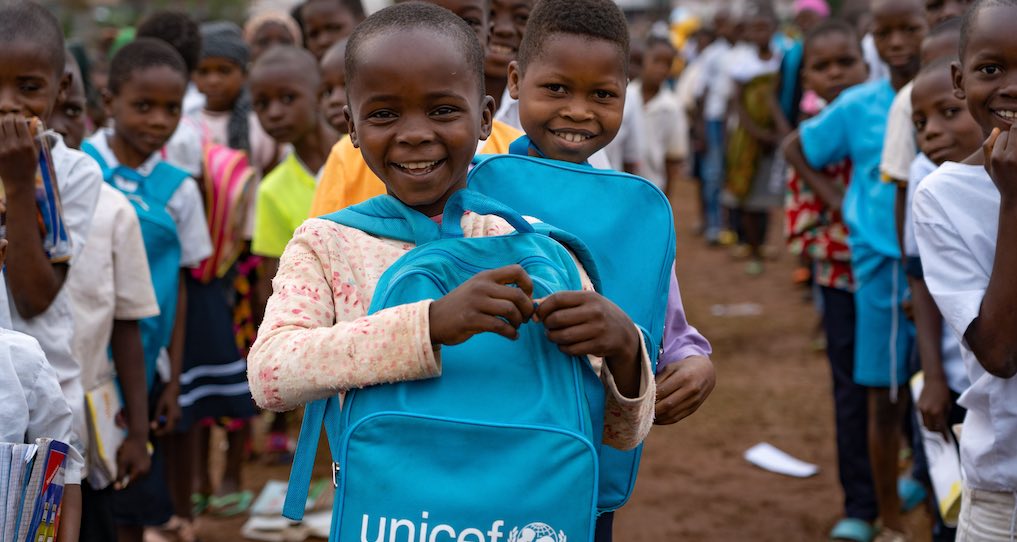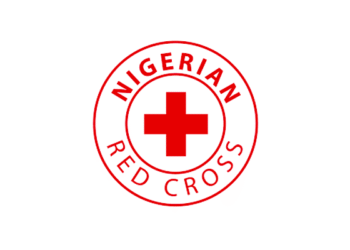
The United Nations Children Fund (UNICEF) is intensifying efforts to support Nigeria in reducing the number of Zero Dose (ZD) children—those who have never received any routine vaccination—through improved immunization and health system strengthening.
According to UNICEF Health Officer Bashir Elegbede, Nigeria has 2.1 million ZD children, the highest global burden, out of an estimated 8.7 million under-one population. Most of these children live in conflict-affected areas, hard-to-reach regions, urban slums, and places facing health infrastructure challenges.
Speaking in Damaturu, Yobe State, during a media dialogue marking World Immunization Day 2025, Elegbede emphasized the urgent need to reach ZD children to prevent vaccine-preventable diseases such as polio, measles, yellow fever, and hepatitis.
UNICEF’s interventions in Yobe and Borno States have made tangible progress:
-
Over 145,000 ZD children were vaccinated in Borno.
-
Around 20,000 were reached with the DPT/PENTA vaccine in Yobe.
-
Volunteer Community Mobilisers (VCMs) helped reduce non-compliance to below 1% in Yobe.
Yobe State Commissioner for Health, Dr. Mohammed Gana, also highlighted efforts including:
-
Enrolling children in health insurance schemes for broader access to health services.
-
Vaccinating over 26,000 children through strategic outreach in remote areas.
He acknowledged challenges such as poverty, insecurity, ignorance, and weak healthcare-seeking behaviour, but noted progress through community engagement, traditional leadership, and strategic policy shifts.
Globally, the target is to reduce ZD children by 25% by 2025 and 50% by 2030.



















